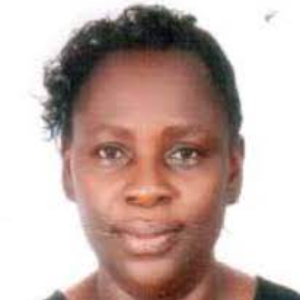Title : Response of indigenous yeasts isolated from honey exposed to different conditions of growth and extracts of Persea americana seeds
Abstract:
Honey is of economic and health benefits to man but provides a good medium for the growth of some organisms especially osmophilic yeasts which may cause spoilage or have health implication. The study was aimed at determining the yeasts that are able to grow in honey and their response to some conditions of growth in the environment. Honey samples were collected from retail centres in Abraka, Nigeria. The yeasts were isolated on Malt Extract Agar. The yeasts were identified by macroscopic examination, germ tube and glucose fermentation tests. Growth response of the yeasts was determined at varying temperatures of growth (4°C, 30°C and 37°C), glucose concentration (5%, 10% and 15%), ethanol concentrations (5%, 10%, 15%) and pH (4, 5, 6 and 7). Three yeasts isolates were identified as Candida species A (CSA), Candida species B (CSB) and Saccharomyces cerevisae. The growth of the isolates was enhanced on exposure to all the glucose, ethanol and pH concentrations. However, the growth was inhibited at 4°C and when exposed to high concentrations of ethanol extract of Persea americana seeds. The pure seeds extract of the plant can be incorporated into honey during processing and subsequently stored at 4ºC to prevent of growth of these yeasts. Keywords: Growth, Glucose, Honey, Persea americana, pH, Temepearture, Yeasts



